Hybrid microrobots harvest chemical energy from their environment for self-propulsion while releasing reactive species to kill bacteria.
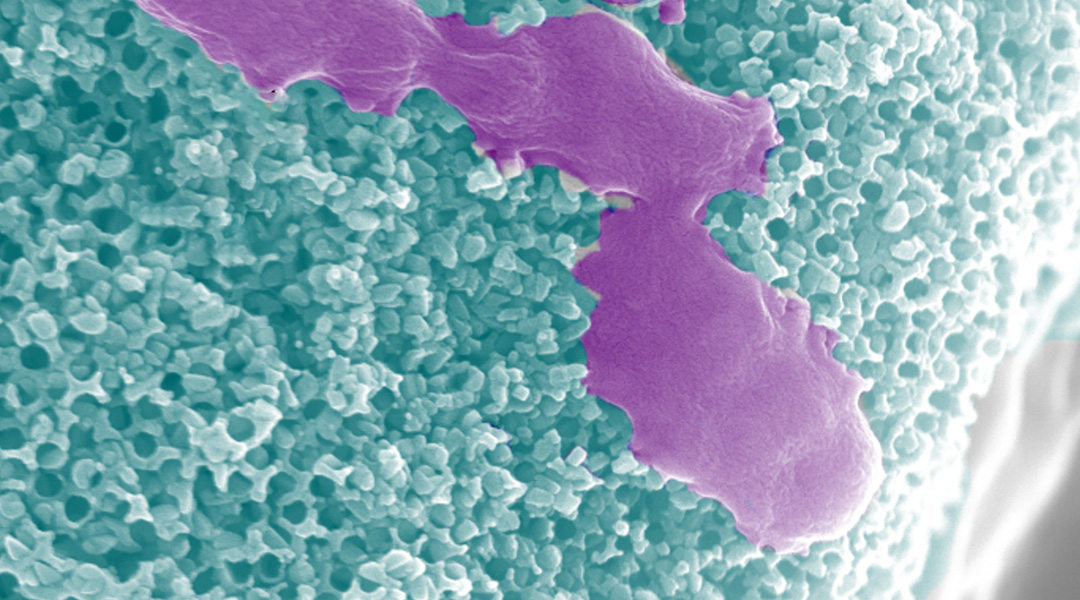


Hybrid microrobots harvest chemical energy from their environment for self-propulsion while releasing reactive species to kill bacteria.
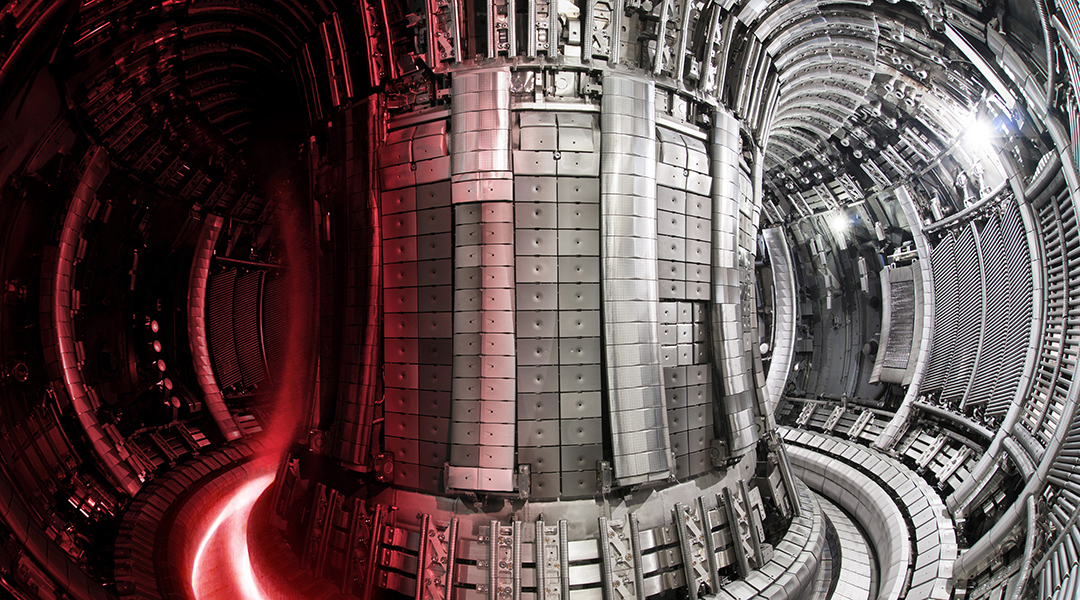
In a major breakthrough, scientists have demonstrated sustained nuclear fusion energy, providing hope for future large-scale projects.
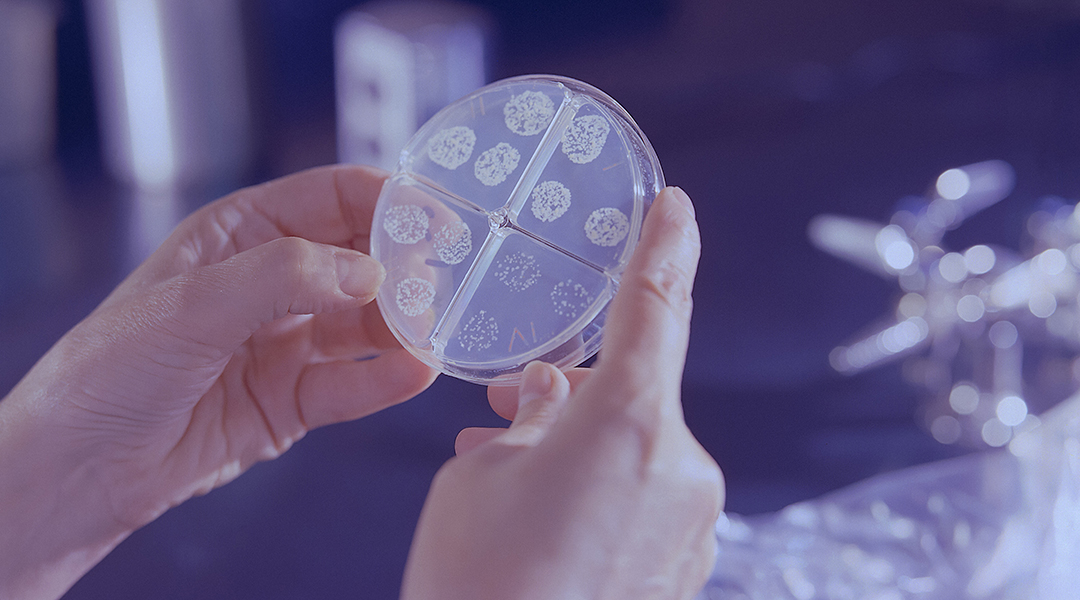
RNA thermometers help regulate bacterial infection and targeting them might be a way toward fighting antibiotic resistance.
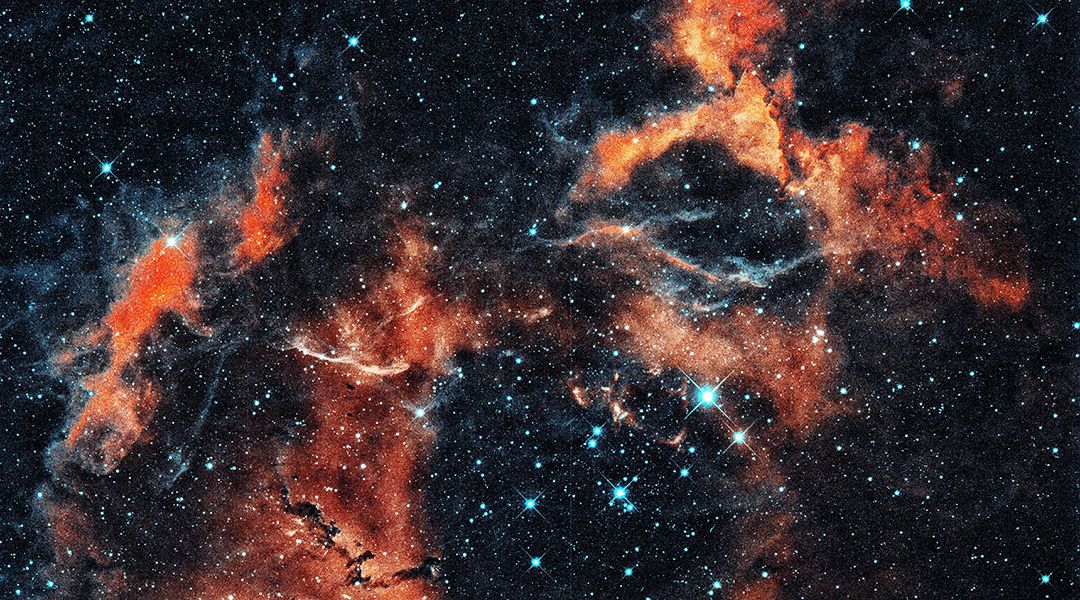
Using an artificial neural network and AI, researchers are developing a powerful computational tool to model particle physics following the Big Bang.
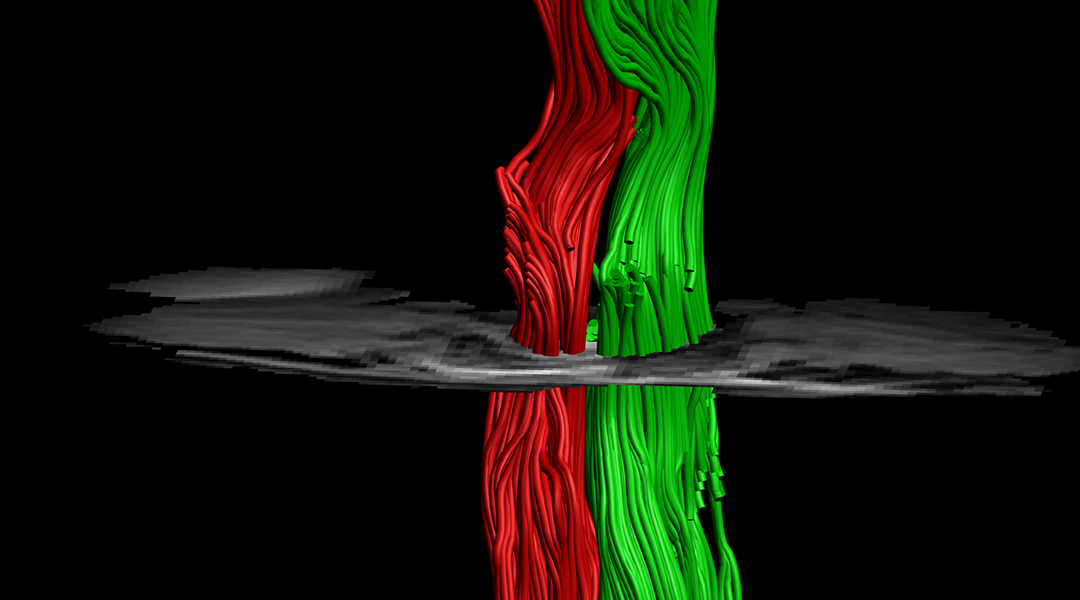
A new spinal cord implant was used to heal a severed spine, offering hope that these types of injuries can one day become treatable.
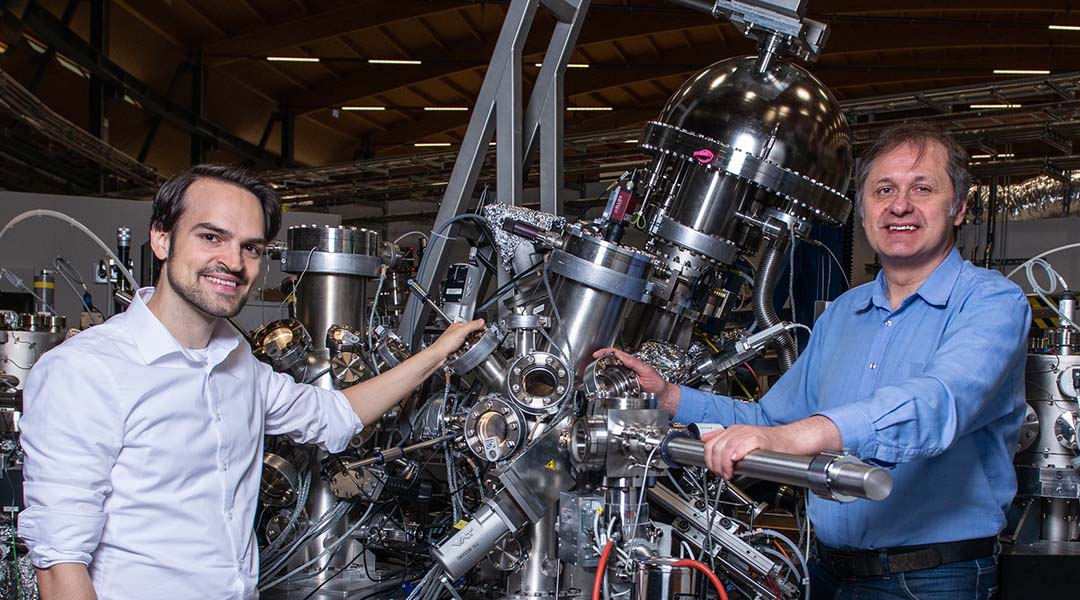
A new endeavor explores the idea of topological qubits that are easy to engineer for error-free quantum computing.
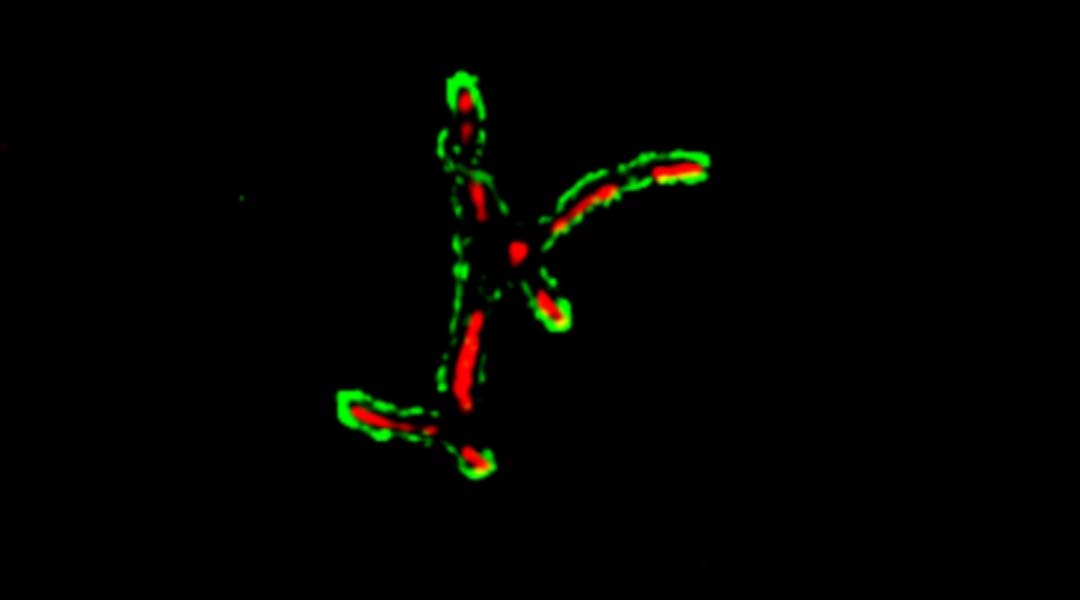
A new fluorescent probe for detecting tuberculosis can now identify disease-causing bacteria in extra-pulmonary tissue for better diagnosis.
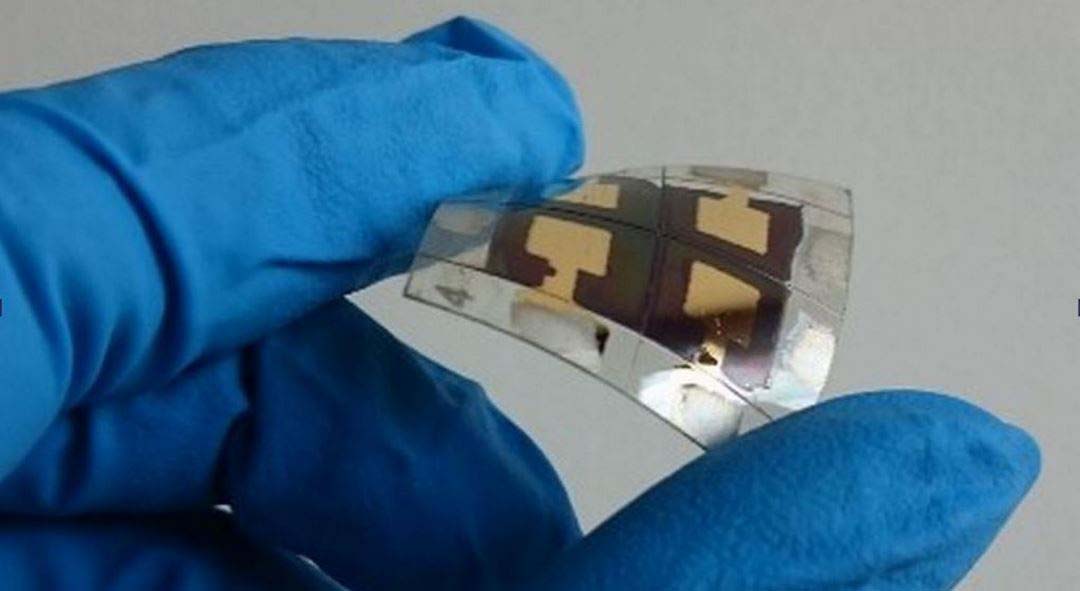
A new ink deposition method simplifies a complicated process for creating efficient perovskite solar cells.
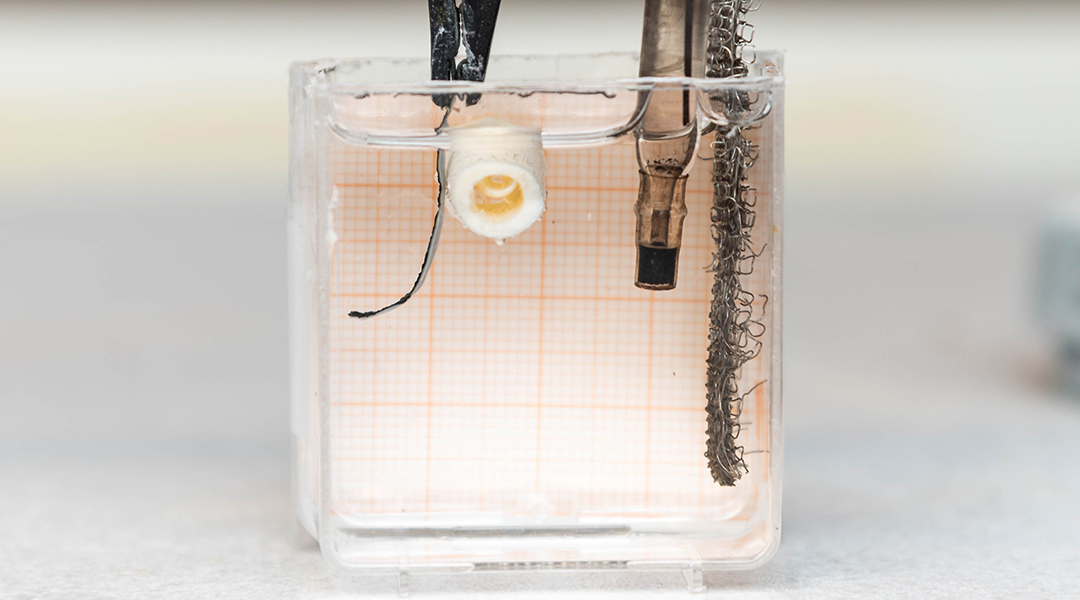
A new material gives way to simple microrobots that take advantage of mineralization processes in the body to help in bone repair.
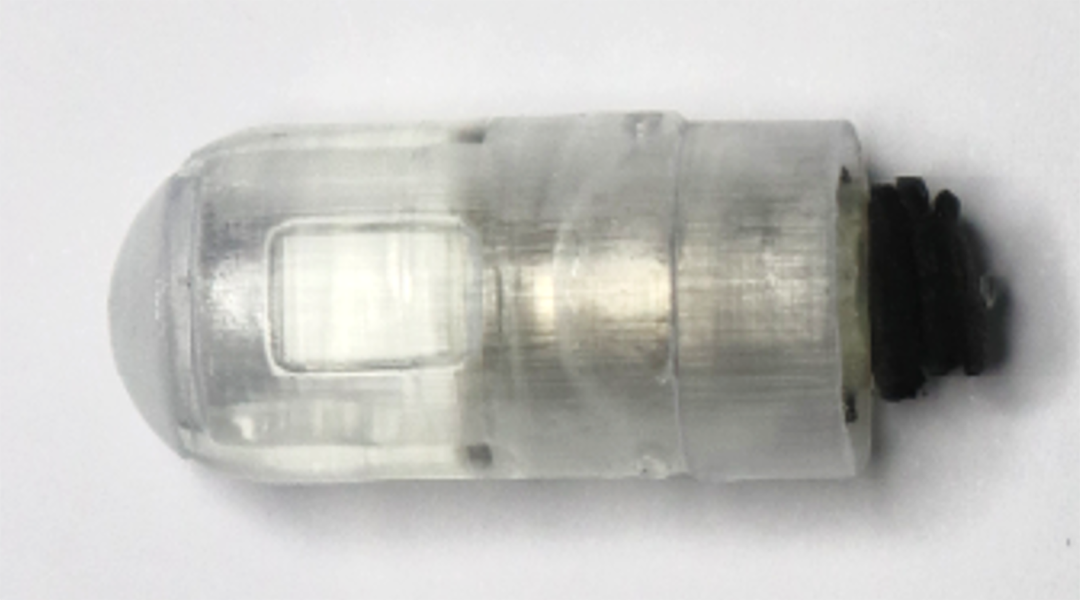
A magnetic, drug-delivering capsule precisely navigates the GI tract to heal gastrointestinal disease and injury.